- Nearly 70 civilians and POW family members killed or injured by junta attacks in Arakan State in one month
- Junta accused of extorting money from detained Muslims in Sittwe
- Weekly Highlights from Arakan State (Jan 26 to Feb 1, 2026)
- Arakanese youth stabbed in Mae Sot urgently needs financial aid for medical treatment
- Five years on Myanmar faces uncertain military and political outlook after coup
Knowledge about women’s health lacking among Arakan State IDPs
Women in displacement camps have a high prevalence of miscarriages and vaginal and uterine infections due to lack of health knowledge, according to those working on health education.
11 Sep 2023
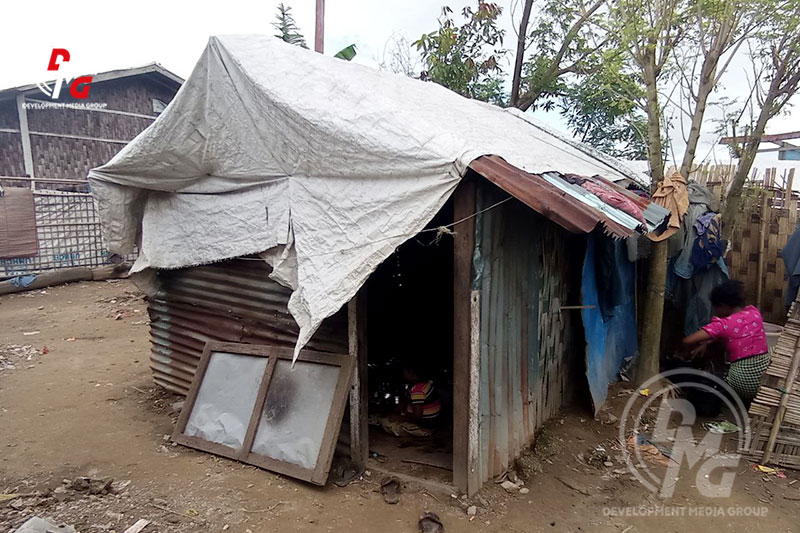
DMG Newsroom
11 September 2023, Sittwe
There is a need for more effective and far-reaching reproductive health awareness training for women living in camps for internally displaced people (IDPs) in Arakan State, advocates say.
Women in displacement camps have a high prevalence of miscarriages and vaginal and uterine infections due to lack of health knowledge, according to those working on health education.
“We are conducting reproductive health education in some IDP camps, but it is still not effective. … IDP women’s lack of health awareness has many negative consequences,” said a female nurse who provides healthcare education at IDP camps.
People living in IDP camps have little health knowledge and experience unwanted pregnancies and abortions, said a woman from Sittwe’s Thetkelpyin Muslim IDP camp.
“There are those who have abortions. A Muslim IDP woman had an abortion last month. They [IDP women] don’t know what happens next if they have an abortion. Mainly, IDP women lack knowledge about women’s health education,” said Daw Anuwahah, a Muslim woman from Thetkelpyin IDP camp.
Women face health problems in IDP camps due to close quarters, unsanitary water, not being able to dry clothes and consequently wearing damp or wet clothes.
“Since women mainly do the housework, it is important for women to stay healthy. I would also like groups working on women’s health education to provide more educational programs than now,” said Daw Ma Shwe Win, an IDP woman from Cedipyin displacement camp in Rathedaung Township.
There are 153,000 Muslim IDPs in the townships of Sittwe, Myebon, Pauktaw and Kyaukphyu in Arakan State, according to figures released by UN Myanmar in September 2022.
There are more than 58,000 other IDPs in Arakan State and Chin State’s Paletwa Township who are unable to return home due to military conflict, according to figures from the United Nations High Commissioner for Refugees (UNHCR).





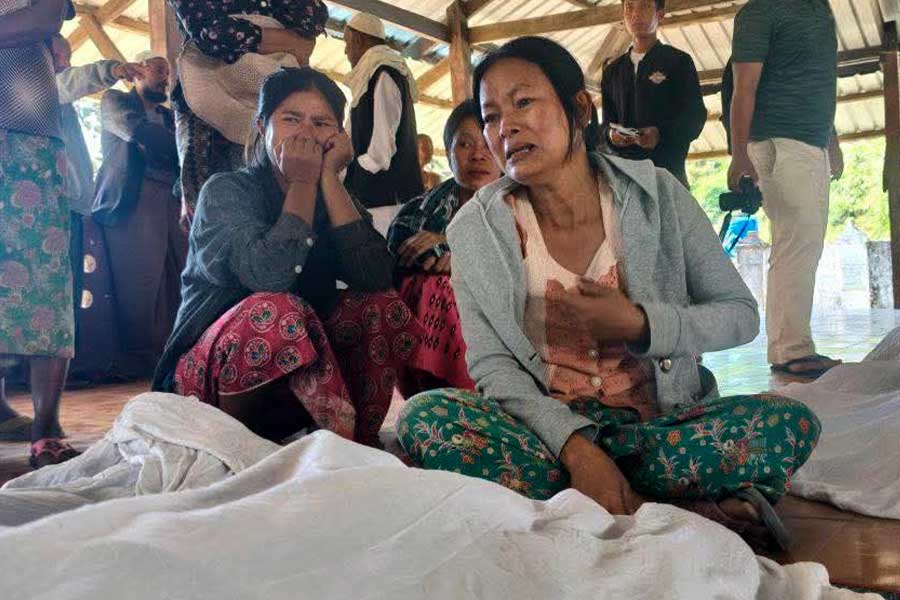
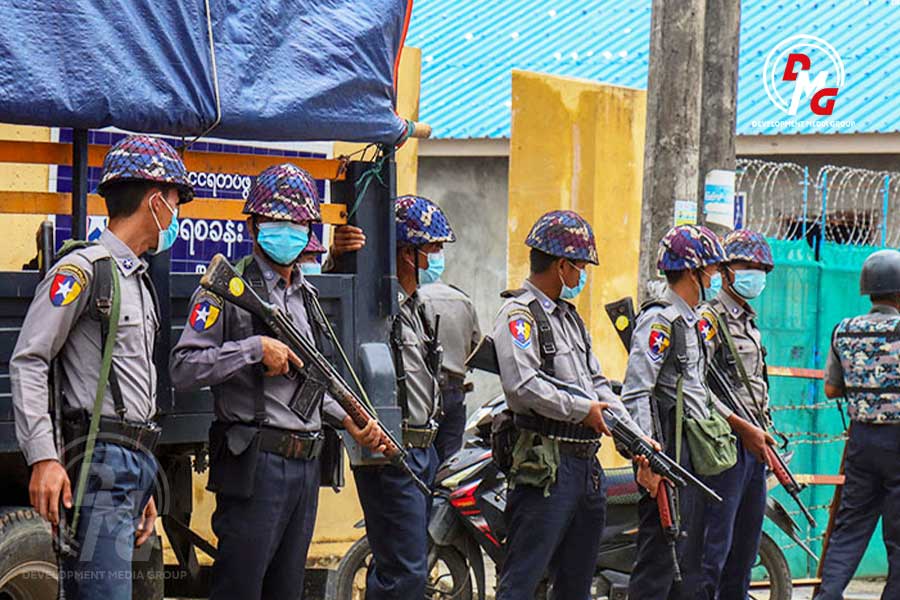
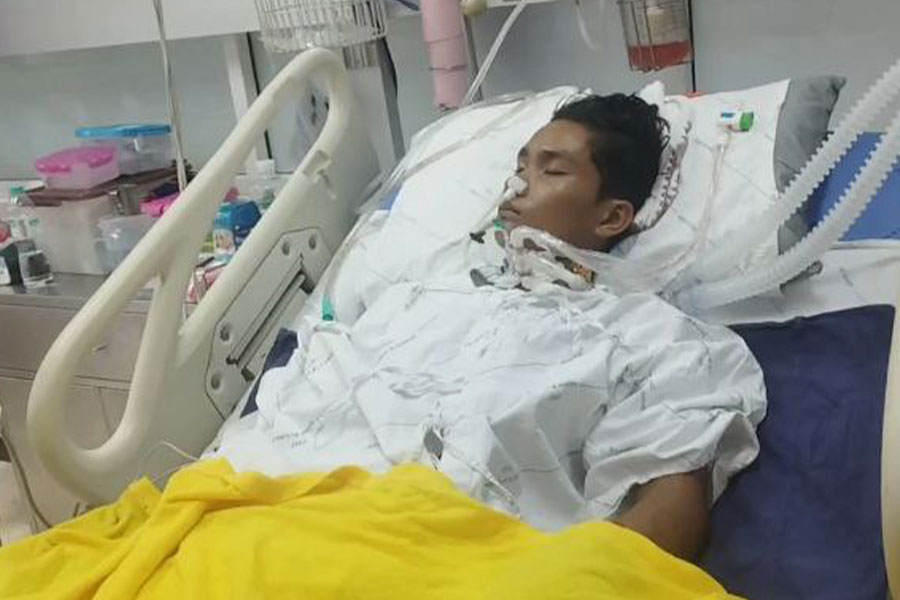
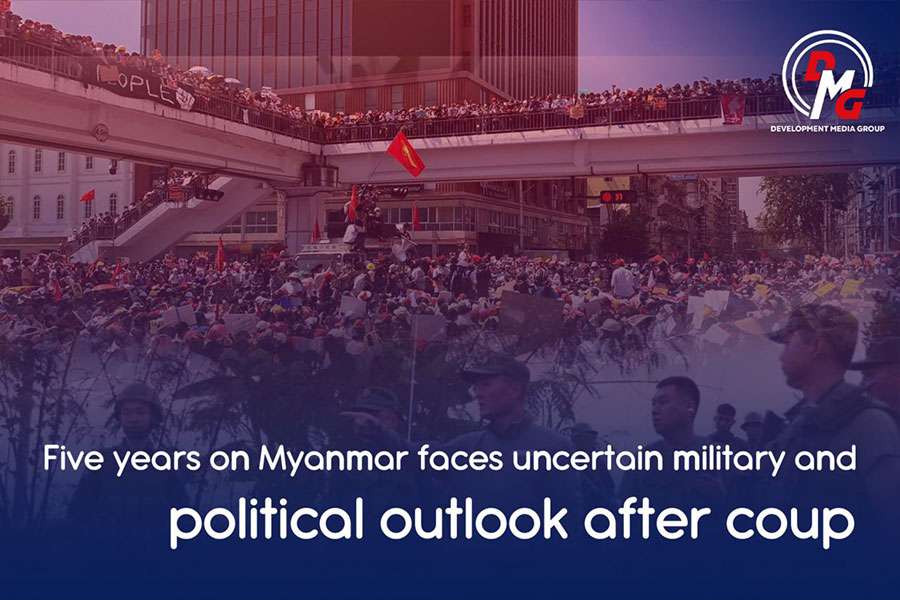






.jpg)

